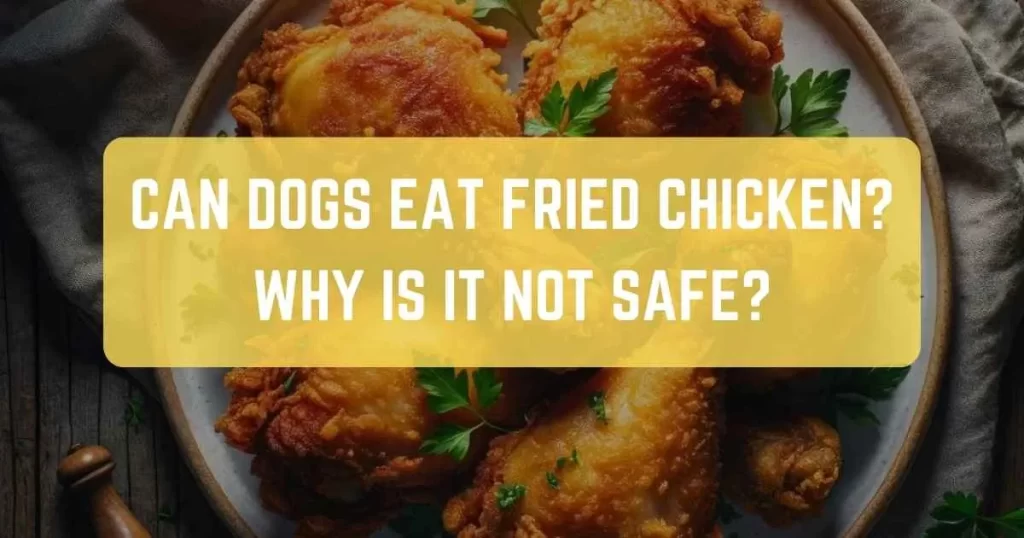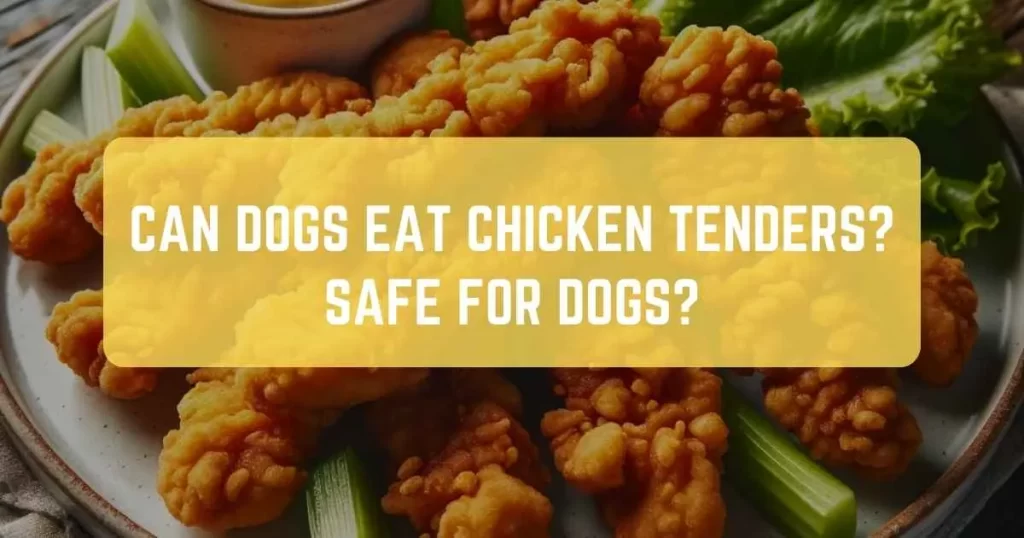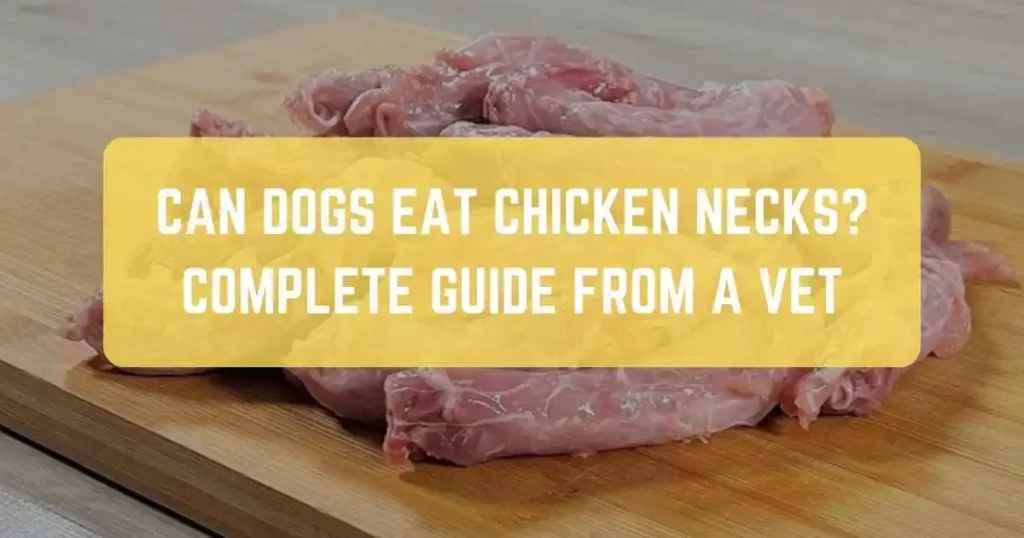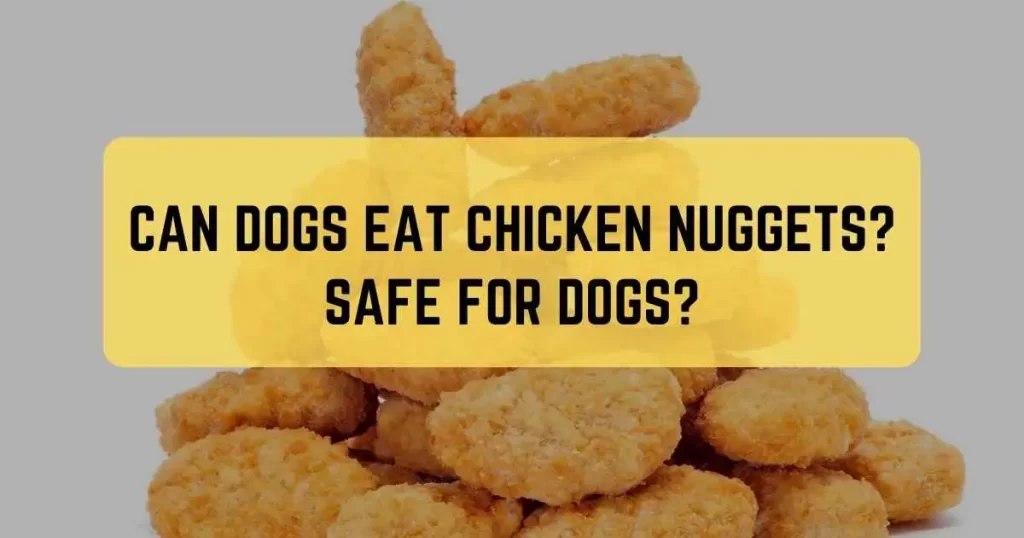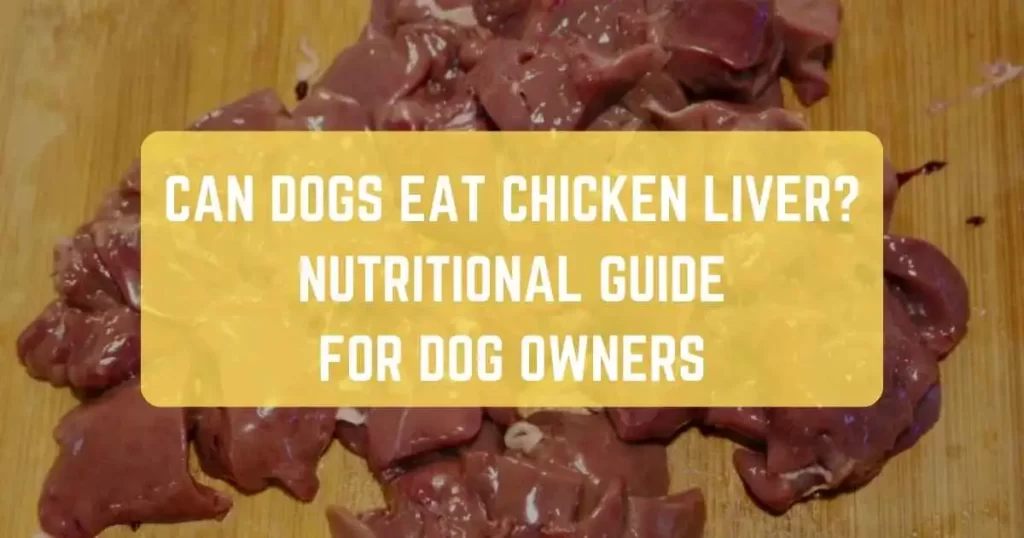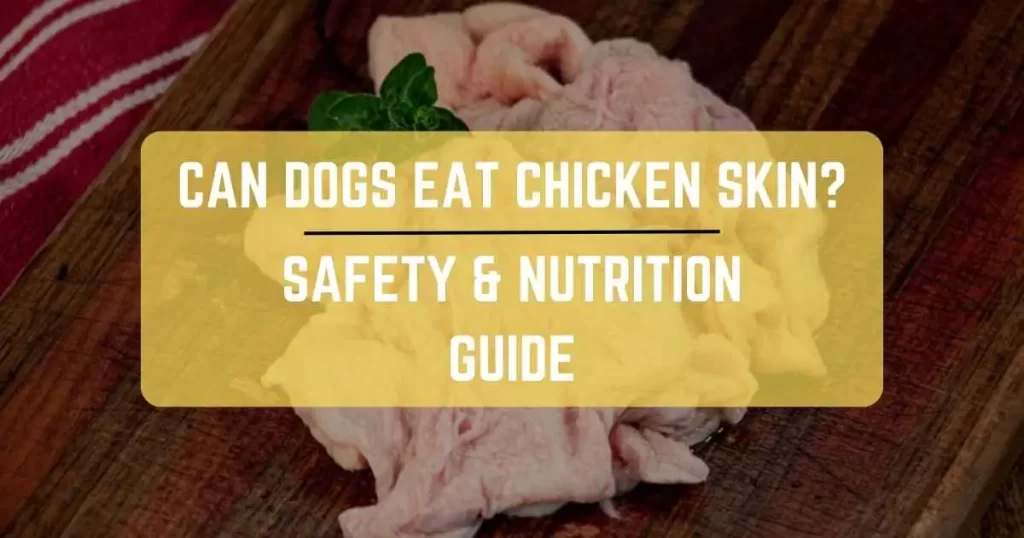
Curious if your furry companion can enjoy the comforting goodness of grits?
Wonder no more! From the safety of dog food to the appeal of plain, unseasoned choices, we’re about to embark on a journey that answers whether grits are safe for dogs.
Join us as we delve into the world of dog grits, uncovering the ins and outs, and learn how this high-carb delight might just become your pup’s favorite treat.
The clock’s ticking – let’s fetch those answers!
Can Dogs Eat Grits?
Yes, dogs can eat grits. Grits, which are made from ground corn, are generally safe for dogs to consume in moderation as they do not contain any toxic ingredients. However, you should feed your dog plain and unseasoned grits to avoid any potential harm from additives like salt or butter.
Health Benefits of Feeding Grits to Dogs
When it comes to the question of whether dogs can eat grits, the answer is yes, but with a few important caveats. Check out these points to see the benefits of occasionally including plain, unseasoned grits in your dog’s diet:
- Nutritional Addition: Grits are made from ground corn, which provides carbohydrates – a good energy source for dogs.
- Digestibility: Unseasoned or plain grits are relatively easy for dogs to digest, making them a gentle treat for your pup’s tummy.
- Moderation: Sharing a small amount of cooked, unseasoned grits can be a treat for your dog and adds variety to their diet.
- Weight Management: Grits are low in fat and can be a healthier alternative to some commercial dog treats, supporting weight control.
- Source of Energy: Carbohydrates in grits can give your dog a quick energy boost, which can be especially beneficial after playtime or exercise.
Health Risks of Feeding Grits to Dogs
While the thought of your dog enjoying a bit of your delicious grits might be heartwarming, it’s important to understand the potential risks involved:
- Empty Calories: Grits are primarily carbohydrates and lack many essential nutrients, so they should only be an occasional addition.
- Corn Allergies: Some dogs are allergic to corn, and since grits are made from corn, feeding them to a sensitive pup could trigger an adverse reaction.
- Weight Gain: Overindulgence in grits may lead to weight gain in dogs due to their carbohydrate content.
- Dangerous Additions: Toppings like cheese, butter, and salt, often added to human grits, are not suitable for dogs and can be harmful.
- Portion Control: Even though grits are safe in moderation, too much can upset your dog’s stomach and cause digestive issues.
Alternatives to Grits for Dogs
Looking for wholesome alternatives to treat your furry companion? Transitioning away from grits doesn’t mean your pup has to miss out on tasty and nutritious options. Here are a couple of paws-itively delightful alternatives that can add variety to your dog’s diet:
1. Cooked Rice: When it comes to gentle and easily digestible options, cooked rice takes the crown. Whether it’s white or brown rice, this simple carbohydrate is a blank canvas for both picky eaters and those with sensitive stomachs. Transitioning from grits to rice is seamless, and you can even mix it with a bit of lean protein or veggies to create a balanced meal for your furry friend.
2. Lean Proteins: Woof-tastic news for meat-loving pups! Lean proteins like cooked chicken or turkey make for excellent alternatives to grits. These protein-packed treats not only satisfy your dog’s taste buds but also provide essential nutrients to support their overall health. Just remember to avoid seasoning and remove any bones before serving. Your pup will surely appreciate this delectable change in their dining experience.
Conclusion – Good for Dogs
In the realm of dog food, it’s the simple joys that often win our pup’s hearts. From the satisfying crunch of plain grits to the cautionary tale of instant ones, we’ve navigated the landscape to provide clarity on what’s safe for dogs to eat. Remember, while grits can be high in carbohydrates and a quick filler, moderation, and unseasoned choices are key.
So go ahead, feed your dog’s curiosity with care, and choose their treats wisely. Your loyal companion’s happiness is just a plain, unadorned bowl of goodness away.
Frequently Asked Questions
Can puppies eat Grits?
Yes, puppies can eat grits but it should be given in very small amounts. Puppies have sensitive stomachs and introducing new foods should be done gradually to prevent digestive upset. Always consult with a veterinarian before introducing new foods into your puppy’s diet.
Can dogs eat Grits and Eggs?
Yes, dogs can eat grits and eggs but both should be cooked thoroughly and served plain without any seasoning. Eggs provide a good source of protein while grits offer carbohydrates, but remember that these foods should only form a small part of your dog’s overall balanced diet.
What happens when a dog eats Grits?
When a dog eats grits, it receives an additional source of carbohydrates which can provide them with energy. However, if consumed in excess or if the grits are heavily seasoned or prepared with ingredients like butter or cheese, it could lead to health issues such as obesity or pancreatitis due to high-fat content.
How much Grits can a dog eat?
The amount of grits a dog can eat depends on its size and overall health condition. As a rule of thumb, treats or extras like grits should make up no more than 10% of your dog’s daily caloric intake. For an average-sized dog, this might equate to about 1/4 cup of cooked grits. Always consult with your veterinarian for personalized feeding advice.

